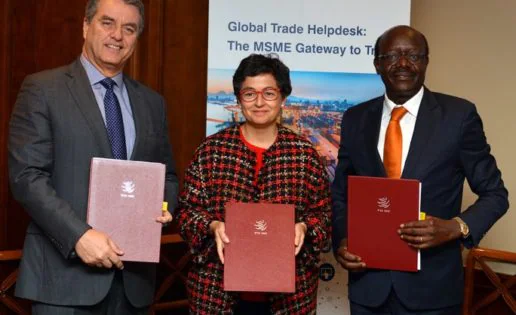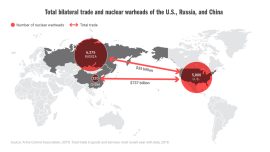
The professionalization of the road transport sector through skills enhancement is a key ingredient for the success of this sector.
It is particularly important for on-the-ground operations to achieve sustainable improvements in road freight transport services reform if the aim to promote capacity-building for commercial road transport operators is to be achieved.
Despite the diversity among markets, certain core challenges are common to most environments. Notably, effective road transport results in increased competitiveness of the national economy cannot be achieved through a one-size-fits-all approach. Moreover, there are no “turn-key” solutions to make it happen.
Effective road transport is best achieved where knowledge and experiences are shared in to allow lesser-equipped actors to leap-frog to achieve rapid improvements using tried and tested best practices. This saves time and resources and avoids unnecessary focus on costly measures to re-invent the wheel.
To improve the performance of the road transport sector, and in particular its impact on the overall competitiveness of the business environment, a series of complementary actions need to be taken at the national level that involve diverse actors.
These actions generally fall into areas such as enabling the operating environment (national, regional, international legal frameworks, and how they are enforced), market structure reform (access to profession and market – quantitative vs qualitative restrictions), legal status and structure of operators, professional competence and licensing of drivers, quality of vehicles (including fleet renewals, used vehicle import restrictions, economic and fiscal instruments and incentives) and all the externalities that come along with the business model such as internalizing external costs (infrastructure, pollution, accidents, or congestion).

IRU has made available its technical expertise to support countries in the conceptualization of activities to kick-start the transformational process in countries that desire to leverage on the potential of the road transport sector to drive trade and development.
Thus, in considering the aforementioned four key areas, some countries opt to begin by professionalizing the industry with a view to improving the overall performance of the transport sector with a view to cutting trade costs and improving logistics efficiency. This generally happens in two phases.
This first phase (“Diagnostic”) is aimed at analyzing the existing legal, institutional and market structures that frame the road transport sector, and developing recommendations for a wide-ranging reform program (second phase – “Implementation”).
The recommendations that emerge from the first phase would not simply cover policy and regulatory proposals. They would also address practical issues such as institutional capacity requirements, and the financial sustainability of the proposed changes.
The completion of these phases could potentially lead to the formulation of a trade-facilitation capacity-building projects to professionalize the road transport sector.
Importantly, projects have to produce sufficient analysis and conclusions to enable relevant national stakeholders to secure the necessary political buy-in to move forward to implementation of the actual reforms during the second phase of the program.
________________________________________________________________________________________________
Photo: Arancha González, Executive Director of the ITC (c), WTO Director-General Roberto Azevêdo (l), and Mukhisa Kituyi, Secretary-General of UNCTAD (r).
With the contribution of Marie-Hélène Vanderpool and John Kidd.
Otros temas








